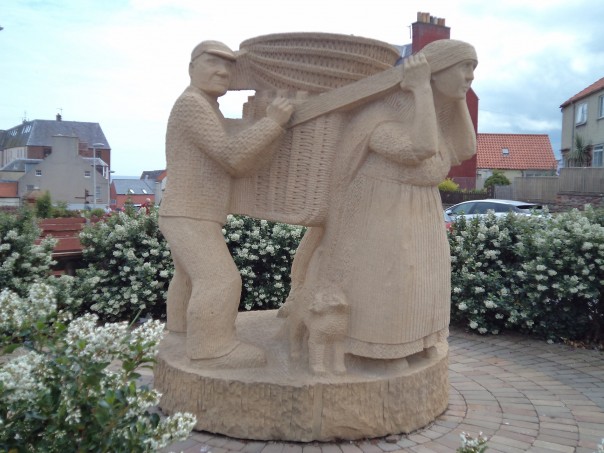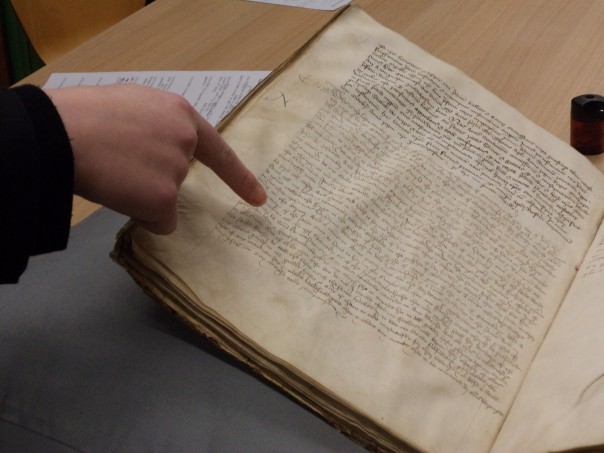This is just a short piece before the Centre’s blog has a fortnight’s break for the summer. Consequently, I thought I would bring you up-to-date with things, including the fact […]
Exploring Canterbury’s past – material culture and female agency
In many ways, I want to pick up the same theme as last week. This is because I discovered this week that among the elements within the new GCSE syllabus […]

